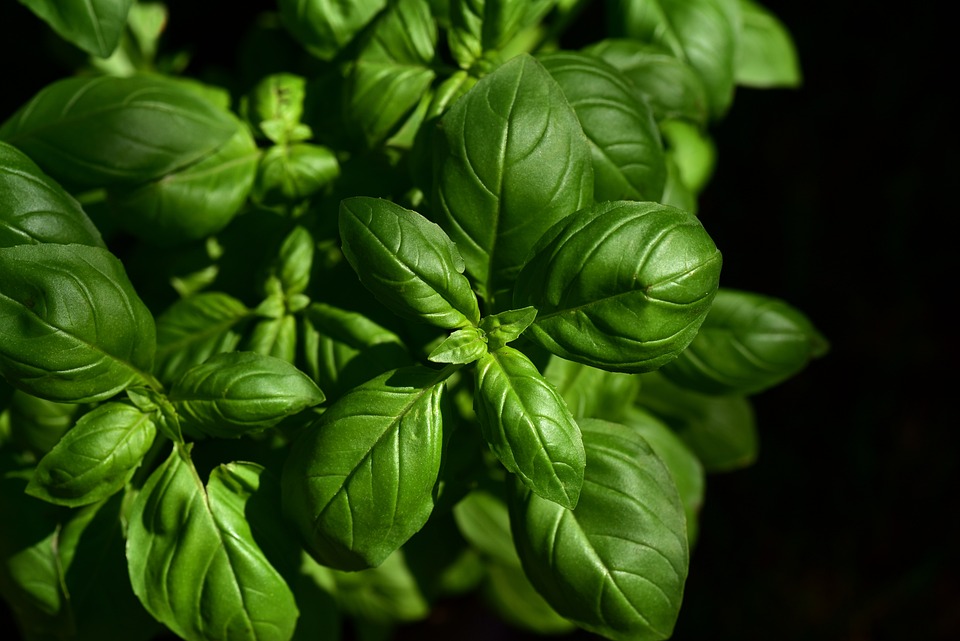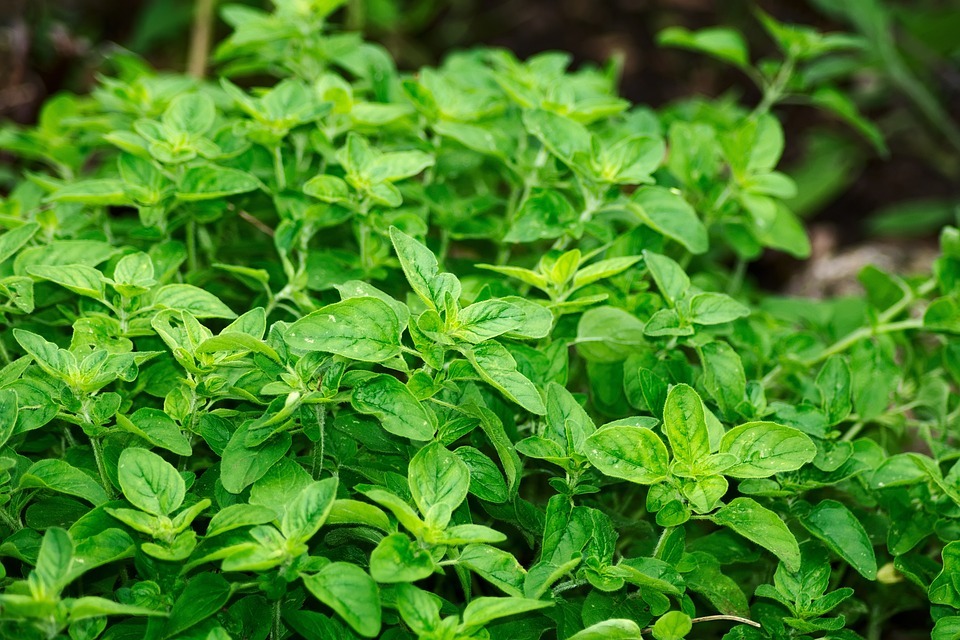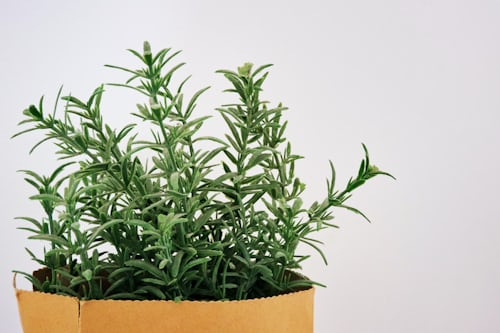
Italian Seasoning: Discover the 5 Key Spices That Will Take Your Recipes to the Next Level
Italian cuisine is renowned for its delicious and aromatic flavors, and one of the most essential ingredients that contribute to this is Italian seasoning. Italian seasoning is a blend of herbs and spices that add a distinct flavor to various dishes. In this article, we will discuss what Italian seasoning is, its history, and how it is used in Italian cuisine.
Table of Contents
What is Italian Seasoning?
Italian seasoning is a blend of herbs and spices that are typically used in Italian cuisine. The ingredients used in Italian seasoning can vary, but it usually includes a combination of basil, oregano, thyme, rosemary, and sage. This blend of herbs and spices gives Italian seasoning its characteristic flavor and aroma.
History of Italian Seasoning

The use of herbs and spices in Italian cuisine dates back to ancient times. The Romans were known to use various herbs and spices in their cooking, and these flavors eventually became part of Italian cuisine. Over time, Italian seasoning was developed to combine these flavors into a single blend.
Italian seasoning as we know it today became popular in the United States in the 1970s. It was marketed as a convenient way to add authentic Italian flavor to various dishes, and it quickly became a staple in American kitchens.
Certainly! Here is a list of some common herbs and spices used in Italian seasoning:
Basil

a fragrant herb with a slightly sweet and peppery flavor. It is often used in tomato-based dishes, such as pasta sauces and pizzas.
Oregano

a pungent herb with a slightly bitter taste. It is often used in meat dishes, such as grilled chicken or beef, as well as in tomato-based sauces.
Thyme

a herb with a subtle, earthy flavor. It is often used in soups and stews, as well as in marinades for chicken or fish.
Rosemary

a woody herb with a strong, pine-like flavor. It is often used in meat dishes, such as roasted lamb or beef, as well as in marinades and dressings.
Sage

a savory herb with a slightly bitter taste. It is often used in meat dishes, such as sausages or pork chops, as well as in stuffing and dressings.
These herbs and spices are commonly used in Italian seasoning blends, but the exact ingredients can vary. Other herbs and spices that may be included in Italian seasoning blends include marjoram, parsley, and garlic powder. The specific blend of herbs and spices used in Italian seasoning can have a big impact on the flavor of a dish, so it’s important to choose a blend that complements the other ingredients in the dish.
How is Italian Seasoning Used in Italian Cuisine?
Italian seasoning is used in a variety of dishes in Italian cuisine. It is a versatile blend that can be used in soups, stews, sauces, marinades, and more. Italian seasoning is often used in dishes that feature tomatoes, such as pizza and pasta sauces, as it pairs well with the sweet and acidic flavor of tomatoes.
One classic Italian dish that uses Italian seasoning is spaghetti bolognese. This dish features a rich tomato-based sauce that is flavored with Italian seasoning, along with ground beef and other ingredients. Italian seasoning is also commonly used in minestrone, a hearty vegetable soup that is a staple in Italian cuisine.
Another popular use for Italian seasoning is in meat dishes. Italian seasoning can be used to flavor chicken, pork, and beef, and it pairs well with grilled or roasted meats. Italian seasoning can also be used to add flavor to vegetables, such as roasted potatoes or grilled zucchini.
In addition to its culinary uses, Italian seasoning also has some health benefits. Many of the herbs and spices used in Italian seasoning are rich in antioxidants and other beneficial compounds. For example, rosemary is known to have anti-inflammatory properties, while oregano has antimicrobial properties.
Conclusion
Italian seasoning is a versatile blend of herbs and spices that adds flavor and aroma to various dishes in Italian cuisine. Its use dates back to ancient times, and it has become a staple in American kitchens. Italian seasoning is commonly used in tomato-based dishes, meat dishes, and vegetable dishes, and it has some health benefits as well. So, next time you’re cooking an Italian-inspired meal, be sure to reach for some Italian seasoning to add a delicious and authentic flavor to your dishes.
FAQ About Italian Seasoning
How do I use Italian seasoning in my cooking?
Italian seasoning can be used in a variety of dishes, including pasta sauces, pizzas, soups, stews, and roasted vegetables. You can add it to your favorite recipes, or use it as a dry rub for meat. Simply sprinkle the seasoning onto your food and adjust the amount
Are there any health benefits to using Italian seasoning?
Yes, many of the herbs and spices in Italian seasoning have health benefits. Basil, oregano, and rosemary are rich in antioxidants and have anti-inflammatory properties, while garlic and onion powder can help boost your immune system and reduce the risk of chronic diseases.
Can I make my own Italian seasoning blend at home?
Yes, making your own Italian seasoning blend is easy. Simply mix together dried herbs and spices in the desired ratios and store in an airtight container. You can adjust the blend to your liking and experiment with different combinations of herbs and spices.
How long does Italian seasoning last and how should it be stored?
Italian seasoning should be stored in an airtight container in a cool, dry place. It can last up to a year if stored properly, but it is best to use it within six months to ensure optimal flavor.